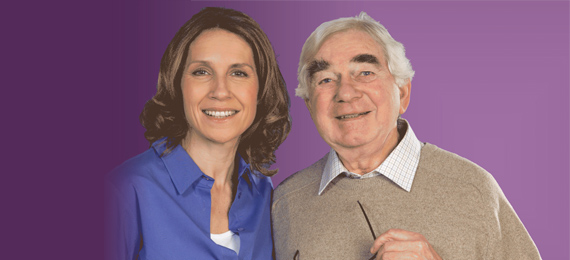As Father’s Day approaches, families up and down the country will once again gather to catch up, sometimes after many months apart. Whilst for the most part this is an enjoyable occasion, the combination of different generations of family gathering together and having a rare opportunity to chat also has a tendency to lead to some of the most difficult subjects being broached.
Delicately bringing up sensitive personal issues with family members is always tricky. Whether it is asking your son if he has a girlfriend, querying the amount of alcohol a relative drinks, or encouraging granddad to move into a care home, family gatherings are ripe for embarking on the ‘awkward conversation’.
One such awkward conversation stems from children and grandchildren being shocked by an older relation’s state of health, having not seen them for some time. They may agree to resolve the situation – but how to do so sensitively is difficult, especially when those concerned will not acknowledge that they need help. Common problems such as restricted mobility, leading to poor personal care or risk of injury, need swift resolution – but the hows and whys prompt more awkward discussions.
Many people understandably prefer to defer thinking about until they become a serious impediment to their daily routine. Pride is prioritised over acknowledging a problem – and then problems can be exacerbated and resolving them becomes more difficult. The irony is that in avoiding addressing an issue at an early stage, the ill or infirm reach a point when a solution is forced and options are more limited. Less disruptive choices such as ‘future proofing’ a home with adaptations or in-home care no longer seem viable.
So, for all the temporary friction caused by raising health and mobility concerns with elderly relatives, the earlier the issue is addressed the more likely it is that a simple resolution can be found. So on Father’s Day don’t be afraid to embark on those awkward conversations that no-one else has raised, during a quiet moment after lunch. You can rest assured that others sitting around the table are thinking the same – and a problem shared is always a problem halved.

